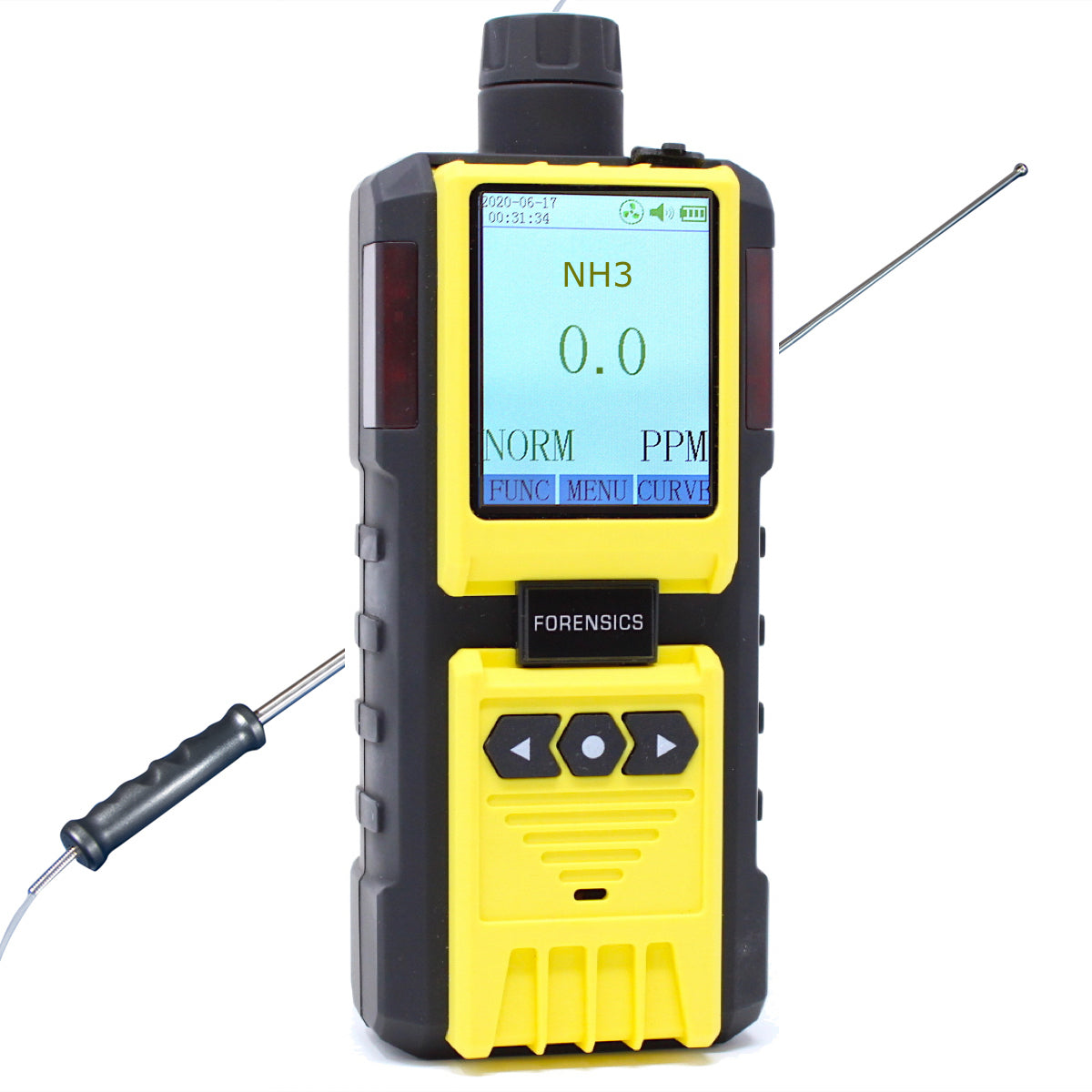
In an era where safety and efficiency are paramount, gas leak detectors play a crucial role in safeguarding our homes and workplaces from potential hazards. These devices are designed to identify the presence of harmful gases, such as methane, propane, and carbon monoxide, ensuring that individuals can take timely action to prevent accidents, injuries, or even fatalities. In this article, we’ll explore the importance of gas leak detectors, how they work, and tips for choosing the right one for your needs.
The Importance of 4 gas monitor
Gas leaks can occur in various settings, from residential homes to commercial kitchens and industrial sites. Natural gas is odorless and colorless, making it nearly impossible to detect without the aid of specialized equipment. Although utility companies often add a sulfur-like odor to gas for easy detection, relying solely on this method can be risky. Gas leak detectors provide an additional layer of security, alerting individuals to the presence of dangerous gases before they reach harmful levels.
In addition to preventing explosions and fires, gas leak detectors are vital for health and safety. For example, carbon monoxide is a silent killer that can lead to poisoning or death if undetected. Installing a reliable gas leak detector can be life-saving, making these devices essential for any home or workplace that uses gas.
How Gas Leak Detectors Work
Gas leak detectors typically use a combination of sensors to detect the presence of specific gases. Most commonly, they utilize catalytic, semiconductor, or infrared sensors.
-
Catalytic Sensors: These work by oxidizing gas on a heated element, causing a change in temperature that triggers an alarm.
-
Semiconductor Sensors: These detect gas through changes in electrical resistance when gas comes into contact with the sensor, providing quick detection.
-
Infrared Sensors: These sensors measure gas concentrations by analyzing infrared light absorption, making them highly accurate and suitable for a variety of gases.
Once a leak is detected, the device will typically sound an alarm and may flash warning lights. Some advanced models can connect to smart home systems, sending alerts directly to your smartphone and allowing you to take immediate action even when you’re not home.
Choosing the Right Gas Leak Detector
When selecting a gas leak detector, consider the following factors:
-
Type of Gas: Identify the specific gases you need to detect. Some detectors are designed to sense multiple gases, while others are specialized.
-
Power Source: Determine whether you prefer a battery-operated model or one that can be hardwired into your home’s electrical system.
-
Sensitivity and Range: Look for a detector that provides accurate readings at various distances, ensuring comprehensive coverage in your home or business.
-
Additional Features: Consider models with smart technology, display screens, or integration with other safety systems for added convenience.
-
Certification and Standards: Ensure the detector meets industry standards and certifications, which can provide peace of mind regarding its reliability.
Conclusion
Gas leak detectors are not just optional accessories; they are essential safety devices that can save lives and prevent catastrophic accidents. By understanding their importance and how they operate, individuals can make informed decisions when choosing the right detector for their needs. Investing in a quality gas leak detector is a proactive step towards ensuring a safe environment, whether at home or in the workplace. Don’t wait for a leak to happen—secure your space today.

